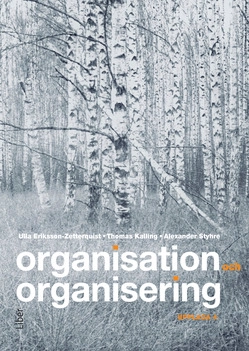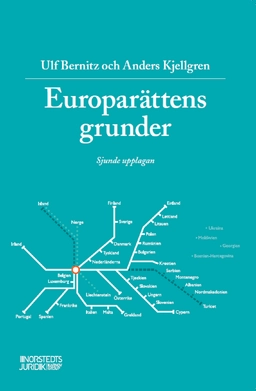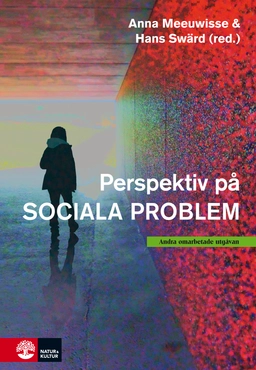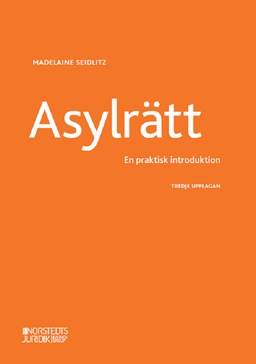

The Arab mass media : newspapers, radio, and television in Arab politics
- Utgiven: 2004
- ISBN: 9780275982126
- Sidor: 280 st
- Förlag: Praeger
- Format: Inbunden
- Språk: Engelska
Om boken
Åtkomstkoder och digitalt tilläggsmaterial garanteras inte med begagnade böcker
Mer om The Arab mass media : newspapers, radio, and television in Arab politics (2004)
2004 släpptes boken The Arab mass media : newspapers, radio, and television in Arab politics skriven av William A. Rugh. Den är skriven på engelska och består av 280 sidor. Förlaget bakom boken är Praeger.
Köp boken The Arab mass media : newspapers, radio, and television in Arab politics på Studentapan och spara uppåt 71% jämfört med lägsta nypris hos bokhandeln.
Referera till The Arab mass media : newspapers, radio, and television in Arab politics
Harvard
Oxford
APA
Vancouver



















